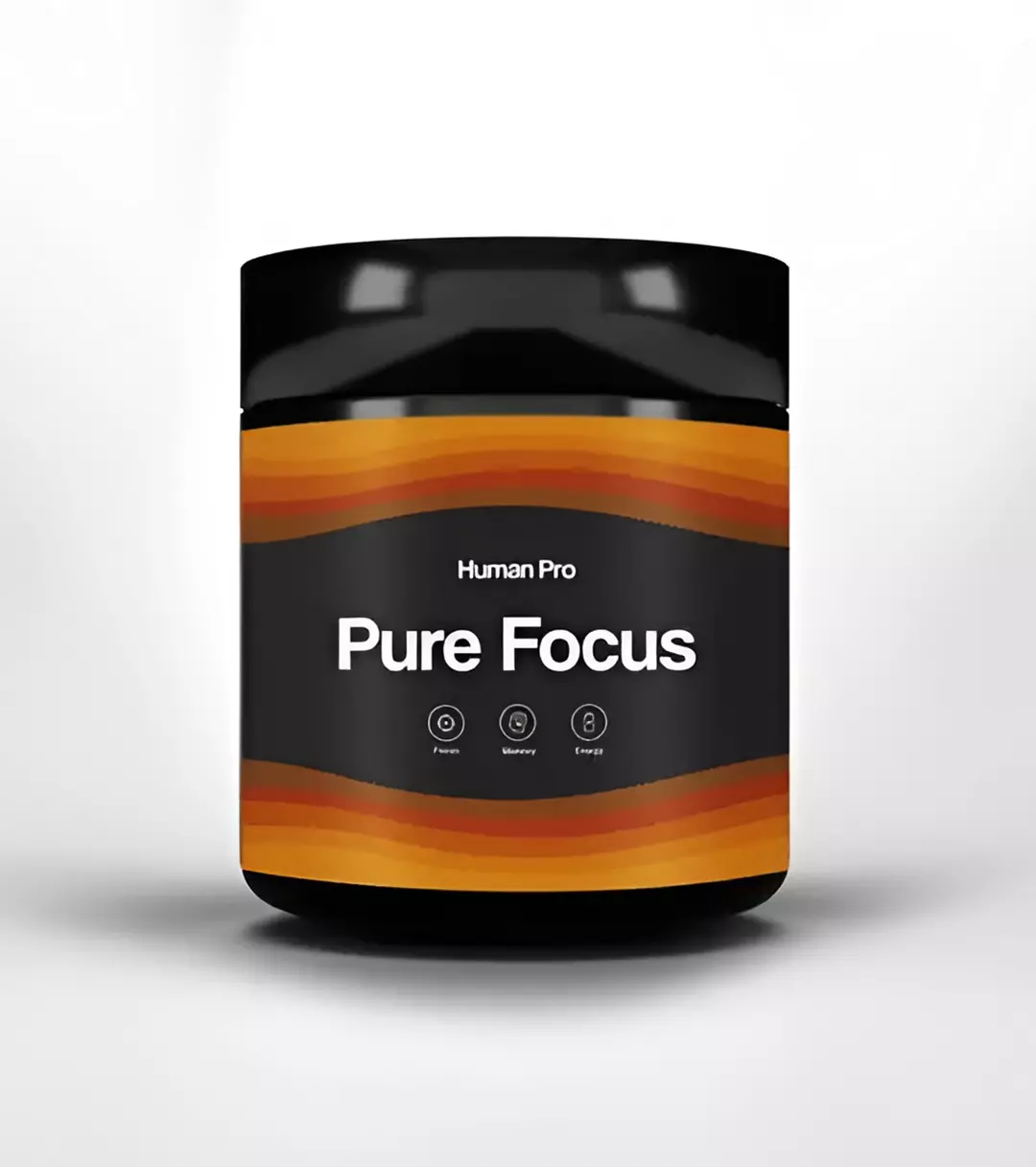Within the growth process of any technology, we eventually turn the budding technology onto ourselves for further experimentation. We are often the first test subjects when armed with new tools for measuring, automating, or digitizing.
Health/Fitness trackers are wearable devices that provide us with data and insight into our physiological functions and performance.
These portable smart devices track a wide range of metrics such as physical activities, sleep patterns, heart rate, and so much more.
The data they produce is indeed fascinating, but, like any tool, they come with their own set of blessings and challenges.
Here are some of my thoughts on the pros and cons of using health trackers as a tool to optimize our health and wellness.
Let’s start with the good news.
Pros of Health Trackers
1. A Map to Your Physical Universe
Health trackers are like having a personal cartographer for your body. They map out the nooks and crannies of your physical activity, from the steps you take to the zzzs you catch at night.
This information is powerful. Tracking the state of your performance, rest, and recovery can be a clear compass toward a healthy lifestyle.
2. Heartbeats to the Beat of Your Drum
Heart rate variability (HRV) is the calculation of oscillation between consecutive heartbeats called interbeat intervals (IBIs).
The importance of Heart Rate Variability should not be underestimated. The latest research into the impact of HRV includes resilience and behavioral flexibility.
3. The Motivational Whisperer:
Sometimes, we all need a gentle nudge (or a loving push) towards our fitness goals.
Some fitness trackers offer live coaching which can be very helpful. Having access to an accountability coach who also sees your health data allows you to either rest or push through and work out.
Your data will help guide you toward making the best decision for yourself in that moment.
Cons of Health Trackers
1. The Obsession Spiral
While it’s amazing to have detailed insights into our health, there’s a thin line between being informed and becoming obsessed.
Fixating numbers and stats can lead us down a rabbit hole of anxiety, graphs, and over-optimization.
Chris Williamson from the Modern Wisdom podcast calls this ‘productivity purgatory’. Here’s a great conversation between Chris and Alex Hormozi, a fellow overachiever unpacking that and other terms like Orthosomnia.
Orthosomnia is the proposed term for an obsessive pursuit of optimal sleep that is driven by sleep tracker data. This study concluded that: “the use of wearable sleep trackers is increasing, and most consumers are unaware that the claims of these devices often outweigh the science to support them as devices to measure and improve sleep.”
There’s even a Reddit group for Oura ring sleep data trackers. Over 52,000 people in this sub-reddit thread discuss the sleep scores on their psychological well-being.
2. The Accuracy Question
Not all health trackers are created equal, and sometimes the data they provide can be more of a rough sketch than a precise drawing.
Research into the right fitness tracker is important to ensure that your device is reliable and accurate.
3. Digital Detachment
This is probably my biggest issue. Deferring how we feel to number on a screen means that we are carving out an intermediary to tell us how we feel inside.
If used properly, fitness trackers can help us understand our bodies better but it can be a slippery slope.
For example, if you feel that you slept well the night before but the numbers in your health tracker are not what you expected then your perception of your previous night’s sleep and possibly the day ahead could be affected.
Top 3 Health Trackers
If you haven’t been looking into fitness trackers, here’s a very short list of the top health trackers and how they differ.
Oura Ring is a product of detailed Finnish craftsmanship, designed to pair with your mind and body, empowering you to take total control of your health from the inside out.
Whoop calibrates to your unique baseline and calculates daily performance scores, health metrics, real-time stress levels, and trends over time. Can also get real-time answers from a Whoop coach.
Garmin is a full-featured GPS smartwatch or a smart scale that keeps track of all the details.
My Personal Opinion?
Health and fitness trackers can be very useful investments in our long-term well-being if used correctly.
After a long deliberation, I’ve finally decided to get a fitness tracker. It’s being delivered in a few days and I’m excited to get into it and start analysing the data.
Ha! So now let’s see if I can take my advice and use it correctly.
Your Homework
Do you use a fitness tracker? If so, do you use it with our products?
For example, do you notice a difference in your data after supplementing with our Mushroom Essentials Complex or with Lion’s Mane or Cordyceps?
If you have been using a fitness tracker for a while, tell me, what have you learned about yourself since? Do you have any advice for me?
As always
Shine bright. Do good. Flow strong.
Asha ✨






0 thoughts on “The Pros and Cons of Fitness Trackers ”